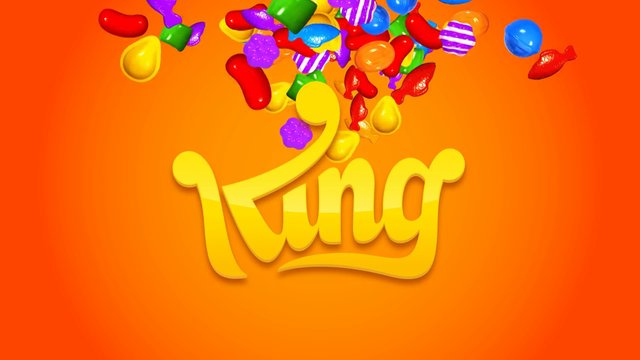It’s not a new thing when game developers, phone companies and other tech organisations try to use patent laws to get away with blatant copyright infringement. Now we’re not saying anything personal about the people at King here, but the amount of revenue generated by their game Candy Crush Saga has been incredible, even though there is a very large amount of evidence to suggest that the game was a clone of other titles, specifically the earlier Candy Swipe (2010), and the even earlier Candy Crusher (date not known).
Of course this harks back to the patent wars between HTC and Apple a few years ago, all over ‘swipe to unlock’ functionality, where both companies copied each other, filed patents, then sued.
However, in this case it’s so obvious what King has done, and we’re not the only ones who have called them out here. Albert Ransom, the maker of Candy Swipe, a game from which several elements were obviously and blatantly stolen, has released an open letter to King, which can be found on almost every tech blog at the moment.
Here is a link to the similarities Ransom was talking about, a 165 page PDF detailing the IP copied by King and its Candy Crush Saga game: http://www.candyswipe.com/ccs.pdf
The scandal is most definitely public, and it’s had repercussions. King has withdrawn its attempted patenting of the word ‘Candy’ in the US, meaning the attempted monopoly on a single word has been thwarted. Hopefully, a precedent will come out of this, as I for one believe that copyright and patent law should never be used to protect those who copy other people’s work.

Even developers charged with copying games by King are admitting to being told to copy and distribute other people’s games prior to official releases. For example the case of Pac-Avoid, a blatant and shocking clone of indie studio Stolen Goose’s game Scamperghost; Not only is the game a like-for-like copy but it also infringes on the PAC-MAN imagery and name.
Allegedly King were originally going to publish Scamperghost with Stolen Goose, who stopped the deal after they got a better offer. King promptly copied the game and attempted to publish it first. When the team behind Scamperghost contacted the development team King asked to make Pac-Avoid, with one of their staff allegedly stating ‘[Their contact at King] asked us to clone the game very quickly, and even wanted to beat the release of the original game’. See for yourself in the pic below.
King replied to this and admitted at least it was wrong to publish the game, although they never addressed the fact that they willfully copied the intellectual property and attempted to officially release it themselves (see here).
However, after this additional scandal the International Game Developers Association got involved and had this to say, proving that the issue is finally receiving some real attention;
“While we understand and respect the appropriate exercise of Trademark rights, King’s overreaching filing in its application for the Trademark for its game “Candy Crush Saga,” and its predatory efforts to apply that mark to each separate word contained in that name, are in opposition to the values of openness and cooperation we support industry wide, and directly contradict the statement King’s CEO, Riccardo Zacconi, made on 27 January. Our Business and Legal Special Interest Group will be providing a more comprehensive analysis of this issue from its perspective soon.”
A lot of people think the same way about King and their questionable business practices, with a petition here almost reaching 10,000 signatures:
With most cases of app developers cloning games there is not so much of a fuss, but in this example there are millions of dollars in profits, made by King, which were made off the back of other people’s work. Around 440.8 million, to be exact. It’s something to think about the next time you play Candy Crush Saga.
The mobile gaming world isn’t supposed to be about big industry bullies stealing from small independent developers to line their pockets. It’s supposed to be about new ideas and games being delivered to you for your enjoyment at a small price, with each game supporting each individual developer, so the industry can grow as a whole and maybe one day the little guys can become something big too.



